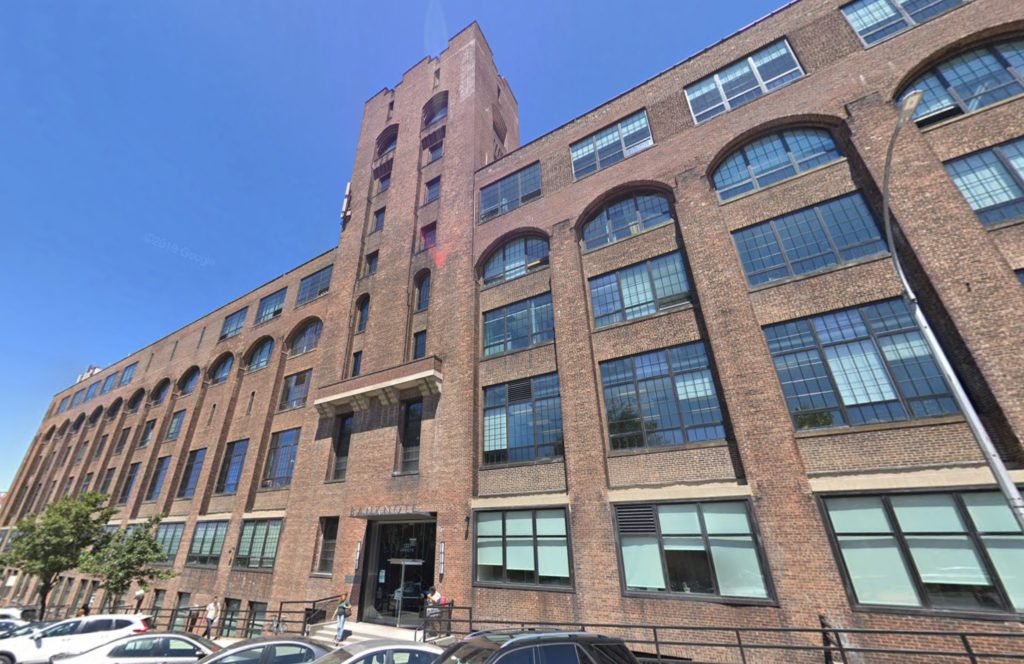As NYC investment sales freeze up, the profile of the debt business rises

BankNote building at 1201 Lafayette Avenue in the Bronx (Credit: Google)
By Adam Pincus
Not so many years ago, mega property sales were the hot thing. That was followed by a

